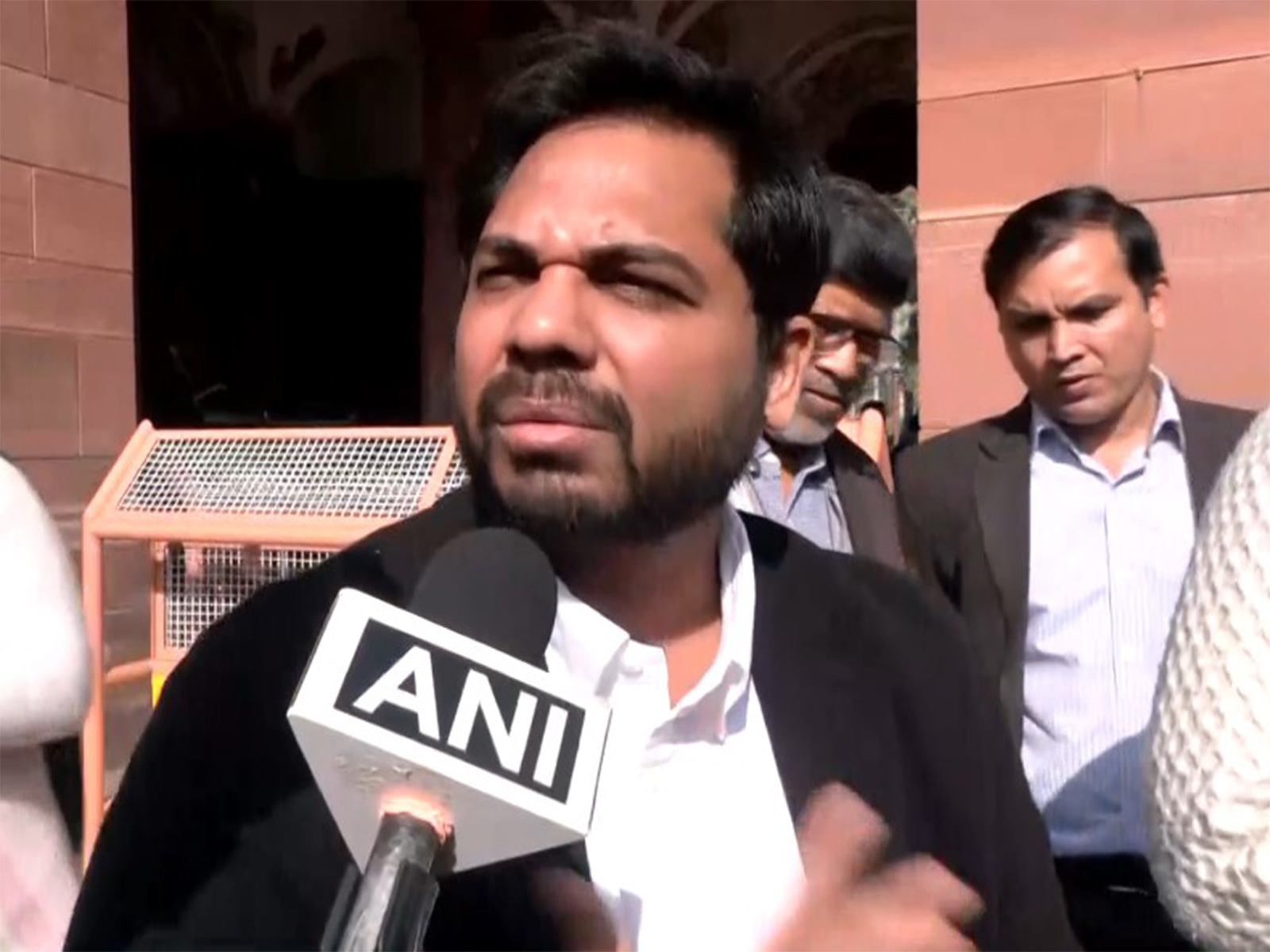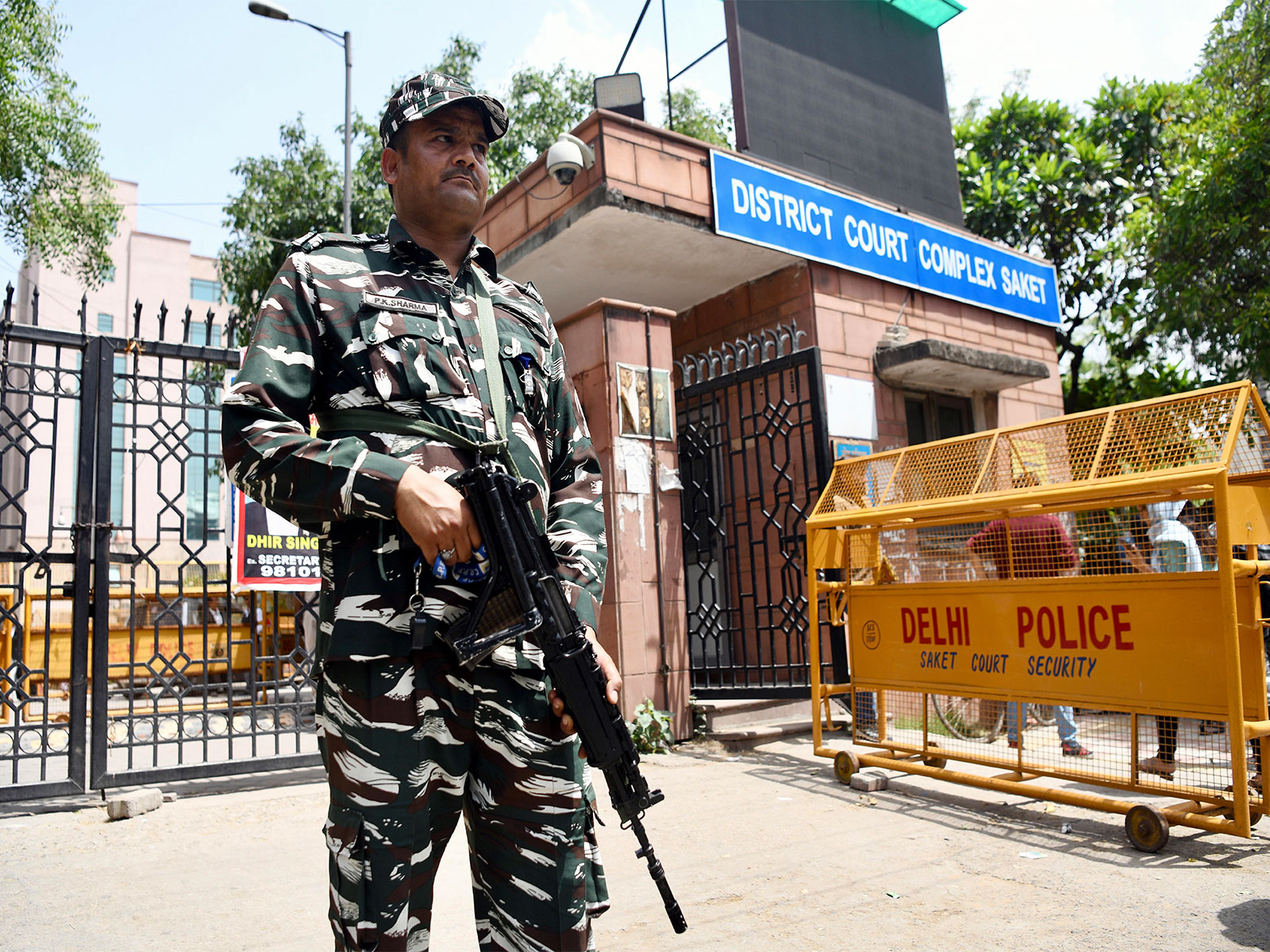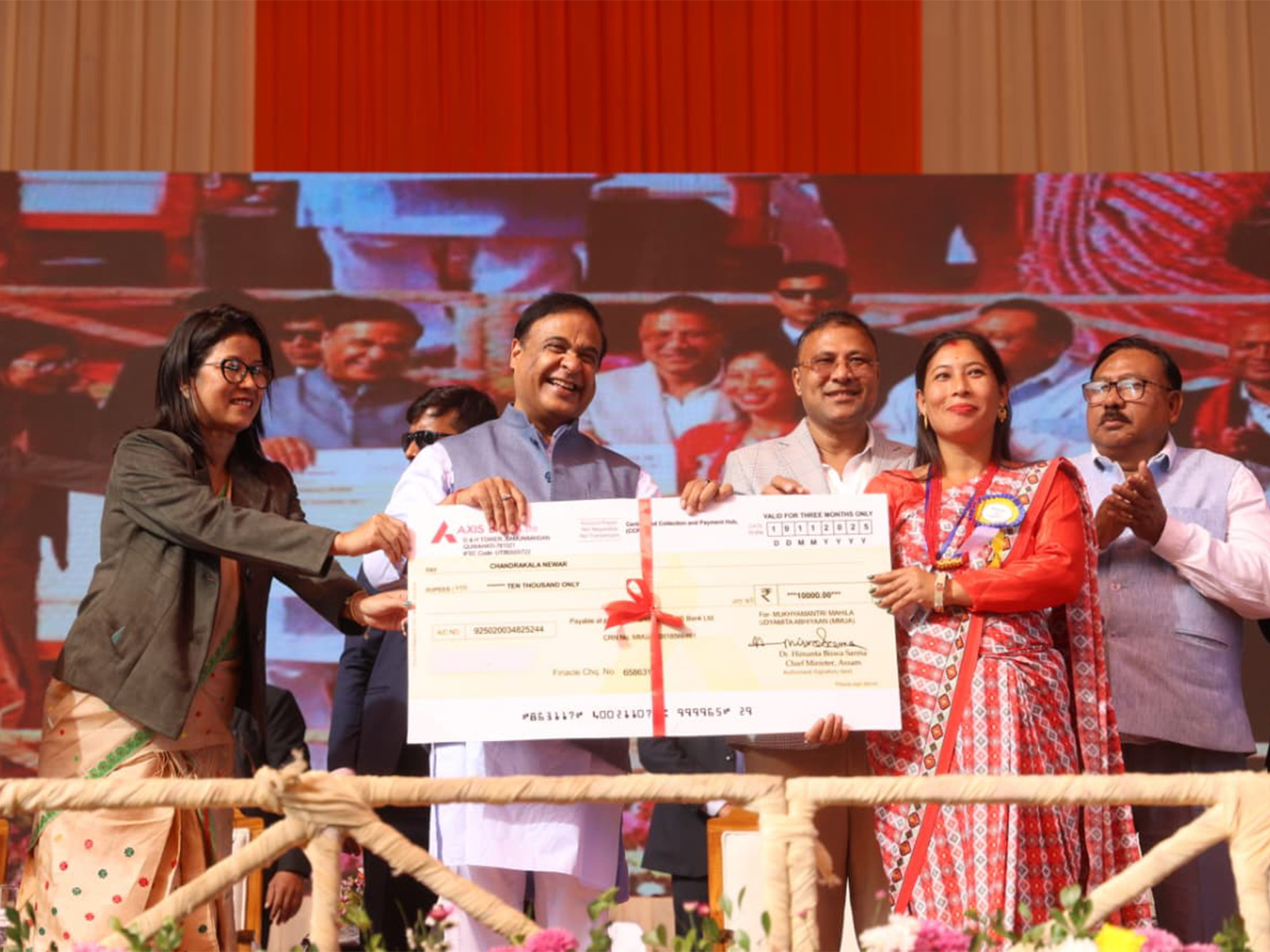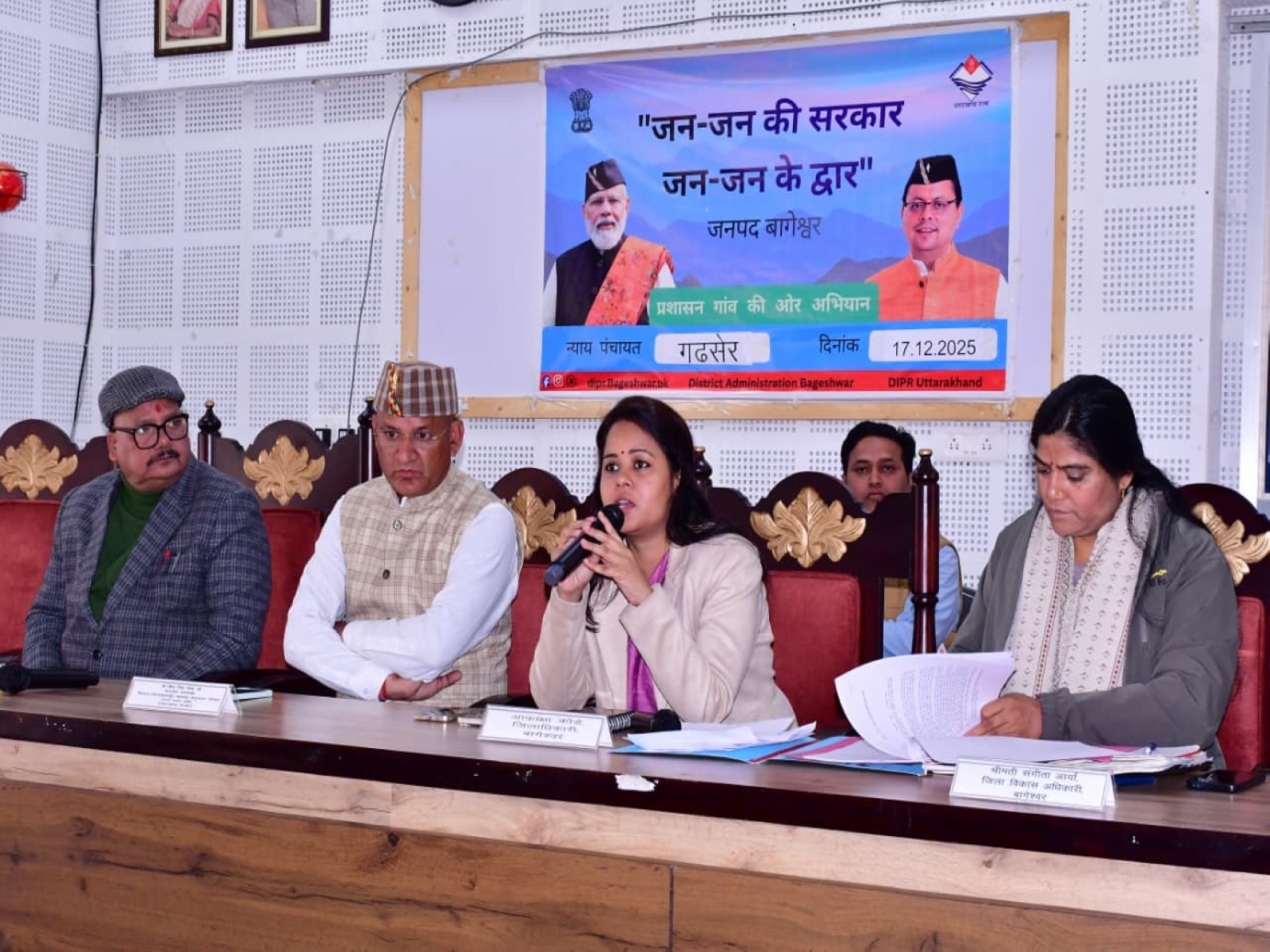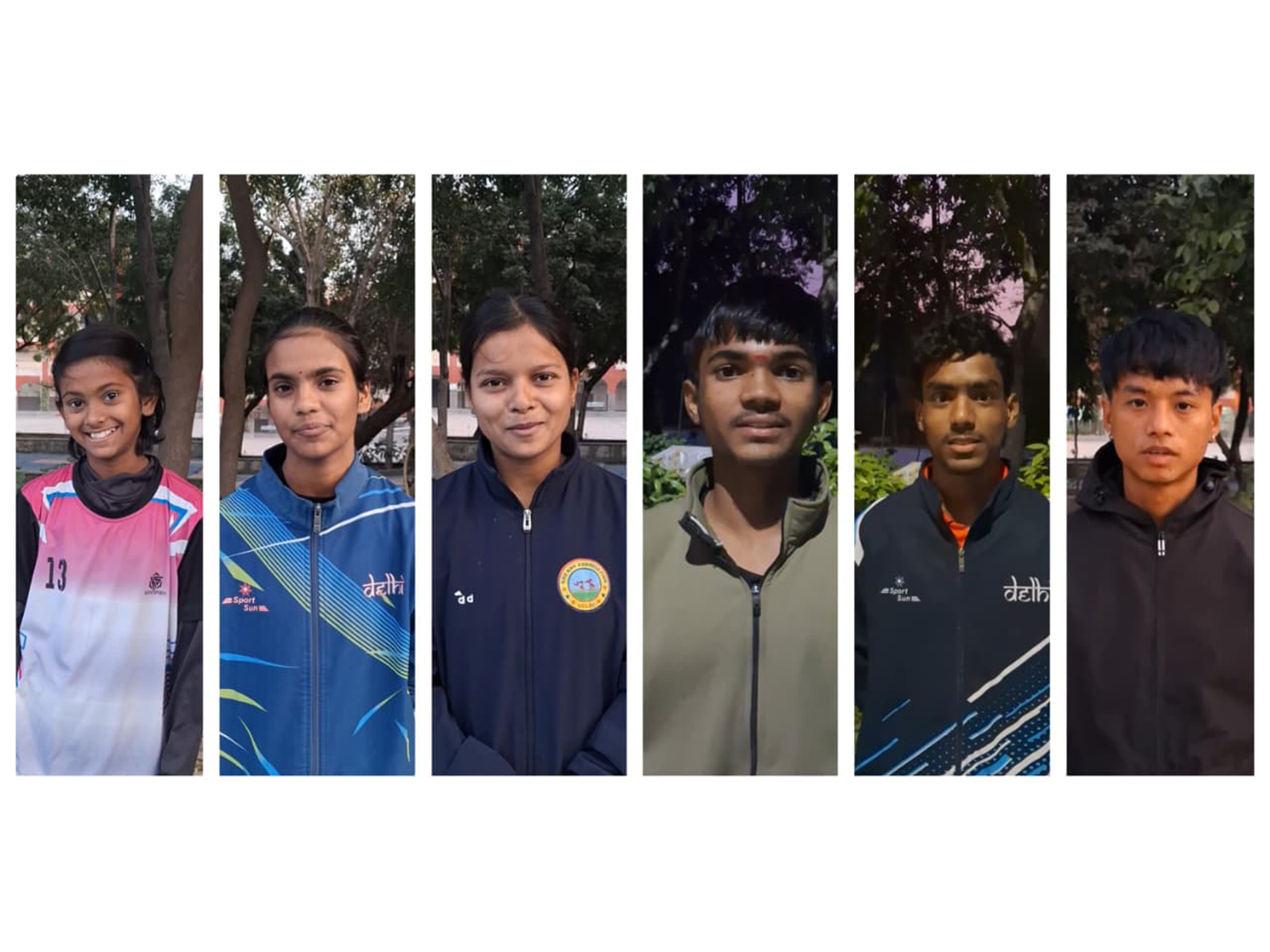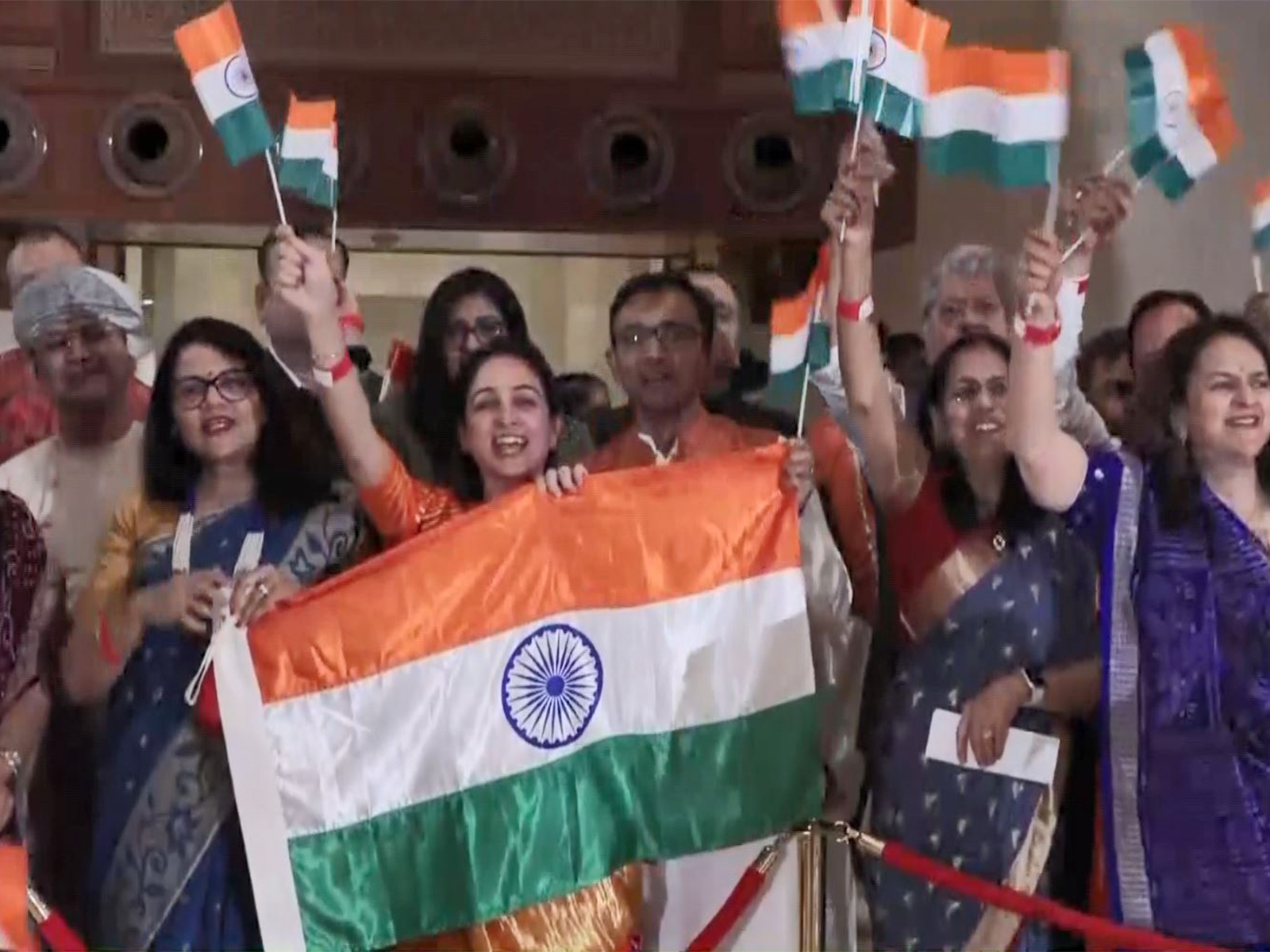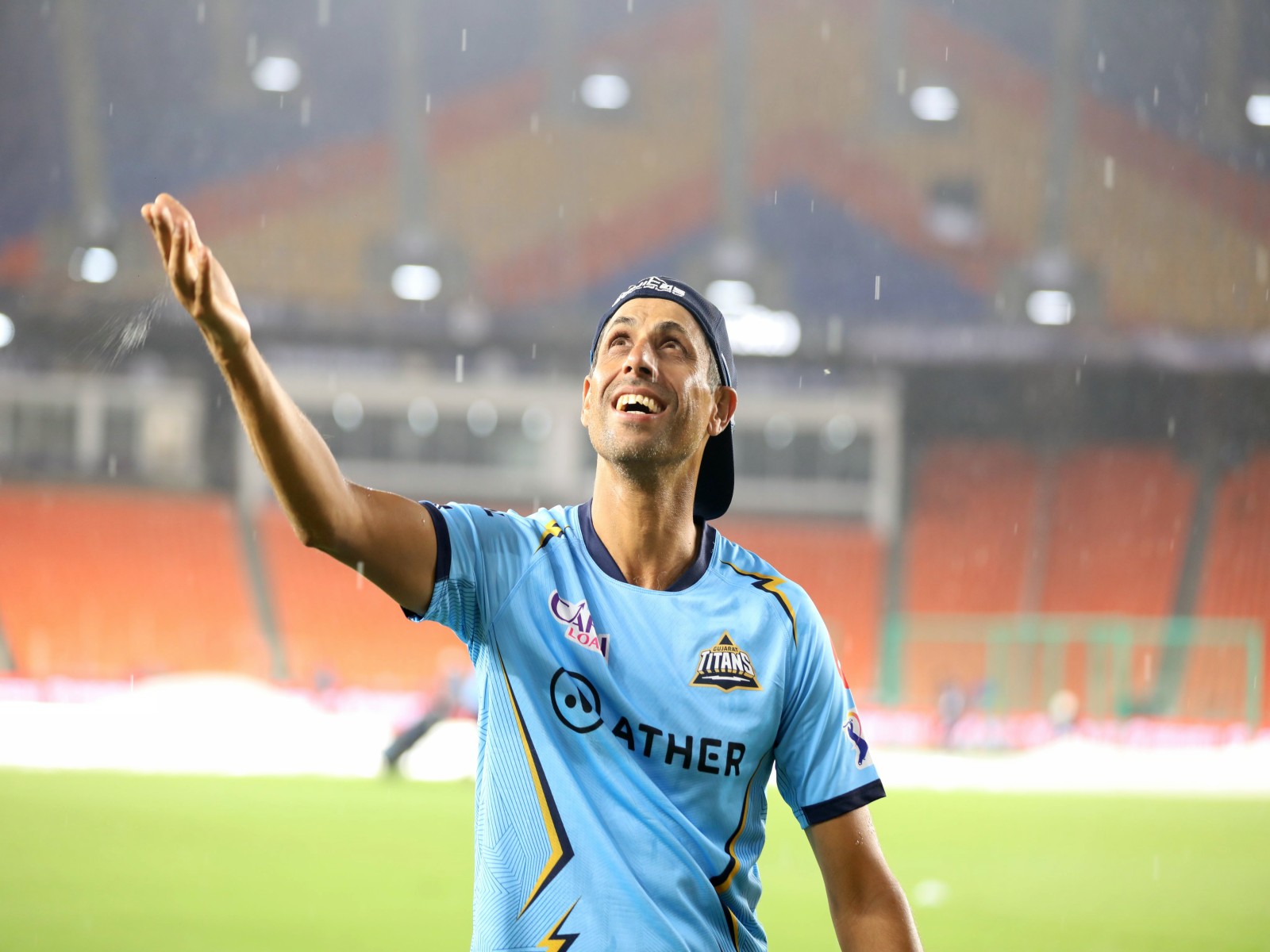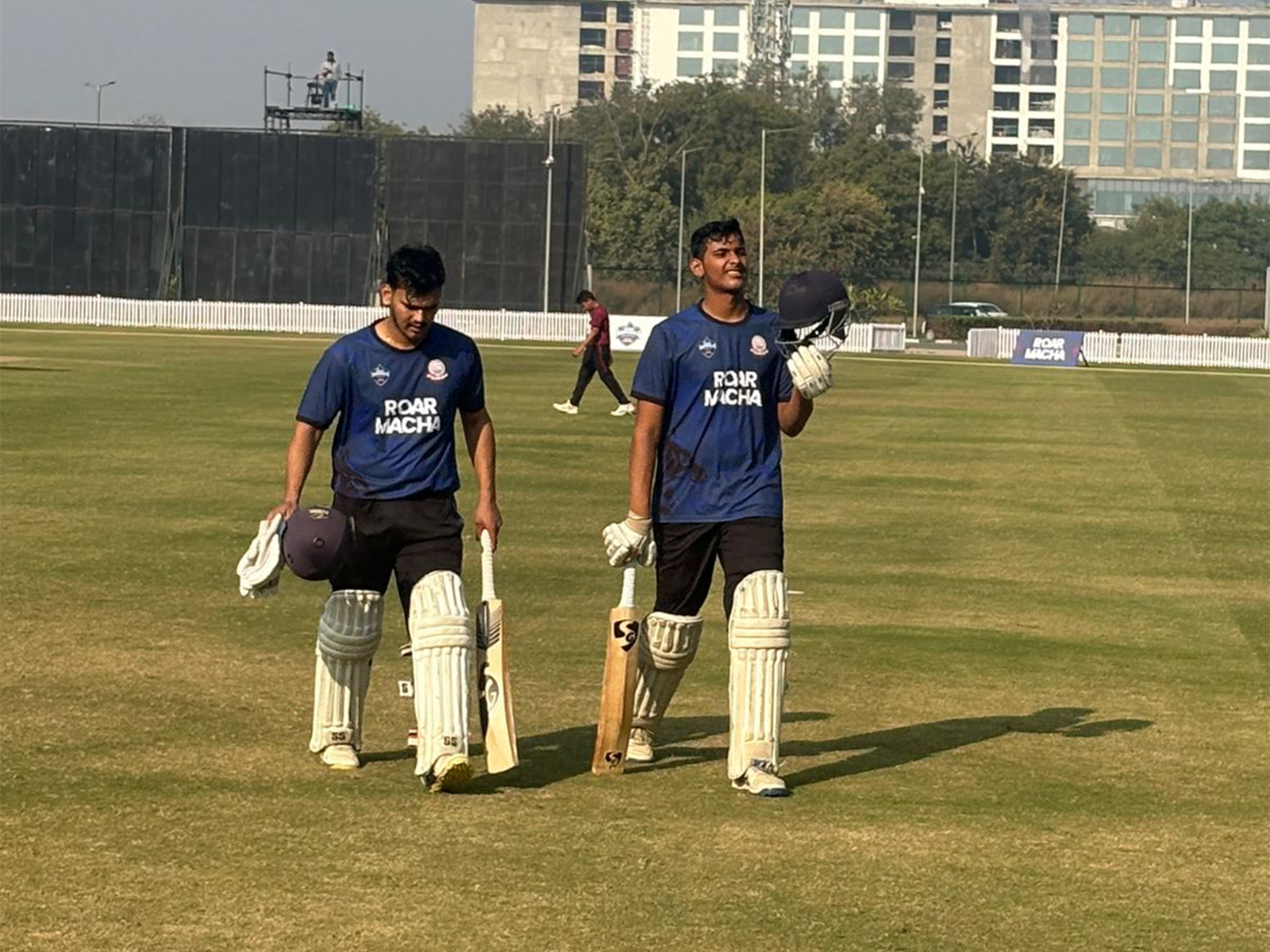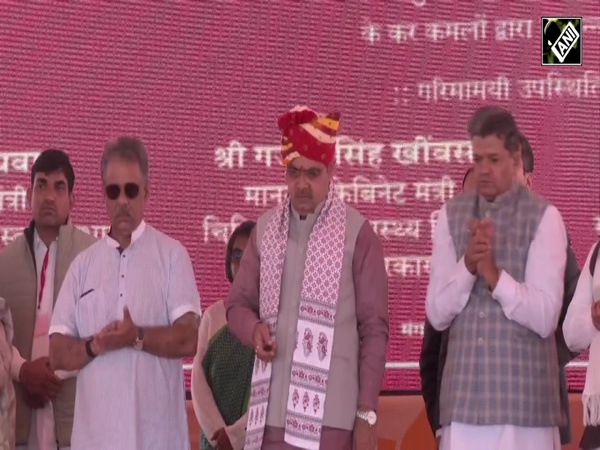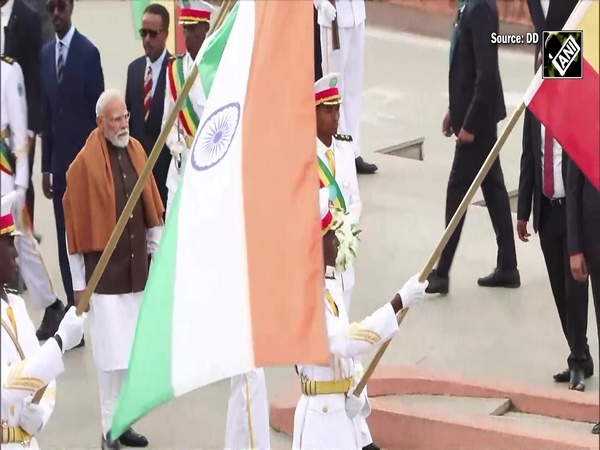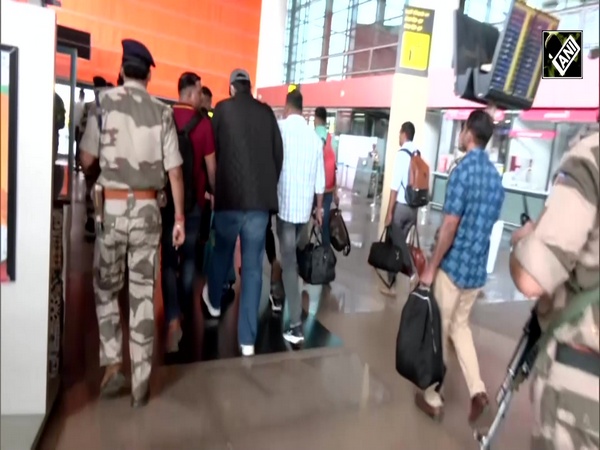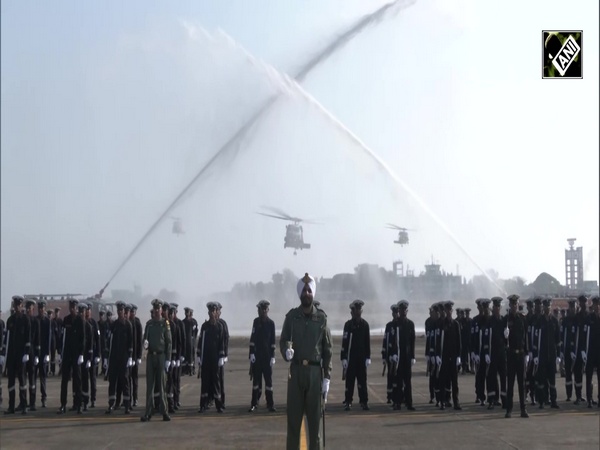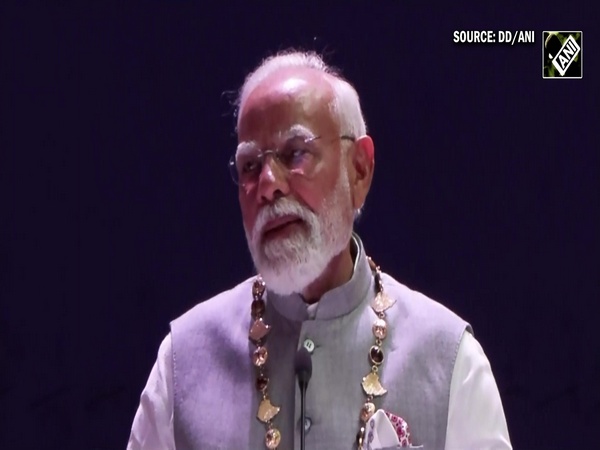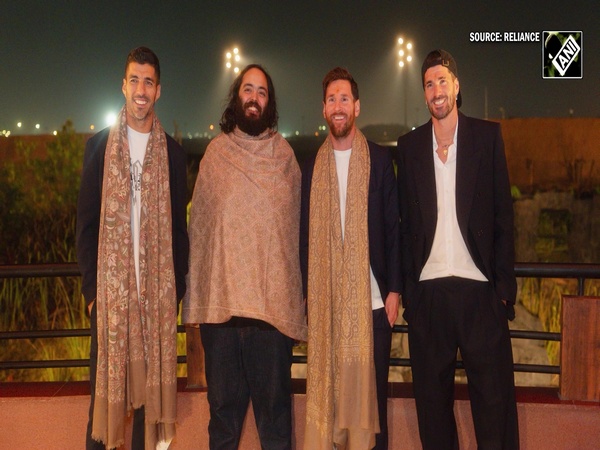'The Kerala Story': Why West Bengal banned film when it's running in other parts of country, SC asks Mamata Banerjee govt
May 12, 2023

New Delhi [India], May 12 : The Supreme Court on Friday questioned the West Bengal government over banning the film 'The Kerala Story' saying the movie is running in different parts of the country with similar demographic profile.
A bench of Chief Justice of India DY Chandrachud and Justice PS Narasimha said the movie is being released all over the country and asked the West Bengal government why it should not allow the film to run.
CJI Chandrachud asked West Bengal, "The movie is being released all over the country, why should West Bengal ban the movie? West Bengal is not different from other parts of the Country. If it can run in other parts of the country, why should the State of West Bengal ban the film? It is running in other parts of the country which have a similar demographic profile as West Bengal."
The bench further asked, "If the public does not think that the film is not worth seeing, they will not see it. This has nothing to do with the cinematic value of the movie, it may be good or bad. Why should you not allow a film to run?"
It also issued notice to the West Bengal government on the plea of the makers of the movie challenging the decision of West Bengal to ban the screening of the movie in the State.
It further issued notice to the Tamil Nadu government on the de facto ban on the movie in the State.
The bench sought responses from the States and posted the matter for hearing on Wednesday.
Senior advocate Abhishek Manu Singhvi, appearing for the West Bengal government, said that in all other matters relating to the same film, this court had asked the parties to move High Court, and the producer should also be asked to move High Court.
When the bench asked why the West Bengal government banned the movie, Singhvi said that there are intelligence reports regarding threats of law and order problems.
Senior advocate Harish Salve appearing as producer of the film, said that on the date of the release of the movie, the Chief Minister of West Bengal made a statement that the film is against a community and the exhibition can cause law and order problems.
He further said that the film was banned after it ran for three days without any problem.
The filmmakers also challenged the de facto ban imposed on the movie by the State of Tamil Nadu by issuing an "alert" anticipating protests in connection with the release of the film due to which theatres in the State withdrew the film.
Regarding Tamil Nadu, the bench asked the government what it is doing as this is a public order situation.
"We would like to know from you, what are the specific administrative arrangements to ensure safety. The state government cannot say that we will look the other way while theatres are being attacked, chairs being burnt," the bench said.
West Bengal Chief Minister Mamata Banerjee has ordered an immediate ban on the screening of the film in the State to avoid "any incident of hatred and violence and to maintain peace in the State".
The makers contended that the State government has no power to ban a movie that has been certified for public viewing by the Central Board of Film Certification.
State government cannot cite law and order issues to stop the screening of the movie, which will result in the violation of the fundamental rights guaranteed to them, the plea of filmmakers said.
Makers also alleged that the movie is facing a 'shadow' ban in Tamil Nadu and seeking protection for screening the film in the southern State.
On Tuesday, the bench agreed to list on May 15 an appeal against the interim order of the Kerala High Court refusing to stay the release of the film.
The High Court had declined to stop the release of the film while observing that there was no allegation against a religion, but only against the organisation Islamic State or ISIS.
The High Court watched the trailer of the film before refusing to stay its screenings and said that there was nothing offensive to any particular community in it while hearing a batch of pleas challenging the CBFC certification granted to the film.
Earlier, the Supreme Court declined to interfere with the release of the movie and asked the High Court to decide the pleas.
The apex court had then said, "Think about the labour of actors, producers who put in a lot of work. A filmmaker invests a lot of money and time in making the film. Leave it to the market, the market will decide if it is not up to the mark."
Jamiat Ulama-I-Hind had earlier approached the Supreme Court seeking a stay on the release of the movie in theatres and OTT platforms saying the movie was likely to cause hatred and enmity between different sections of society in India.
The plea said the film demeans the entire Muslim community and it will result in endangering the life and livelihood of the entire Muslim community.
Alternatively, it sought direction that the movie 'The Kerala Story' be released with a disclaimer stating that it is a work of fiction and the characters in the movie bear no resemblance to any person living or dead.
Another plea in the apex court had sought a stay on the release of the film saying it allegedly promotes hate speech.
The film depicts how thousands of young women were allegedly brainwashed into joining the Islamic State (IS) and heading off to countries like Syria and Afghanistan.
'The Kerala Story', starring Adah Sharma, was released in cinemas on May 5.
